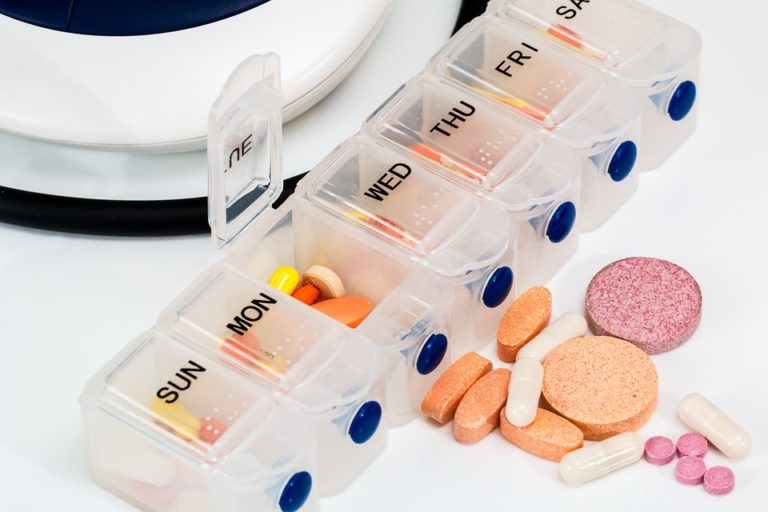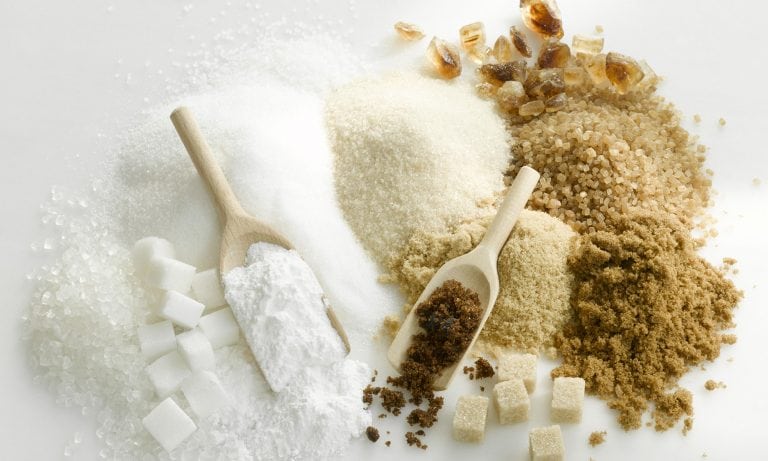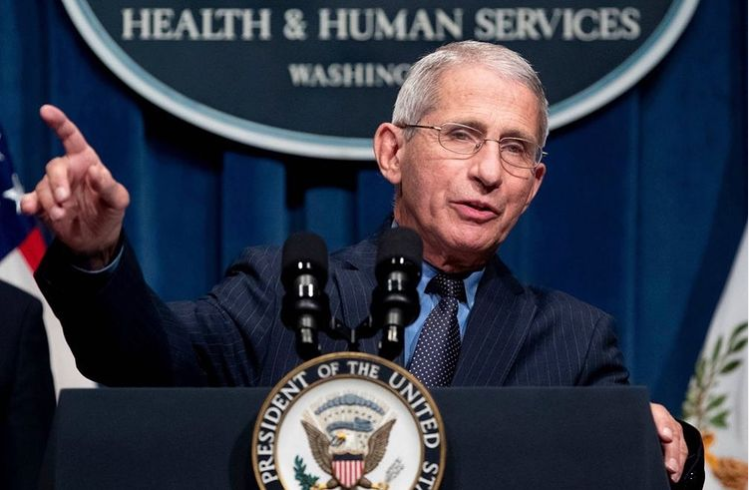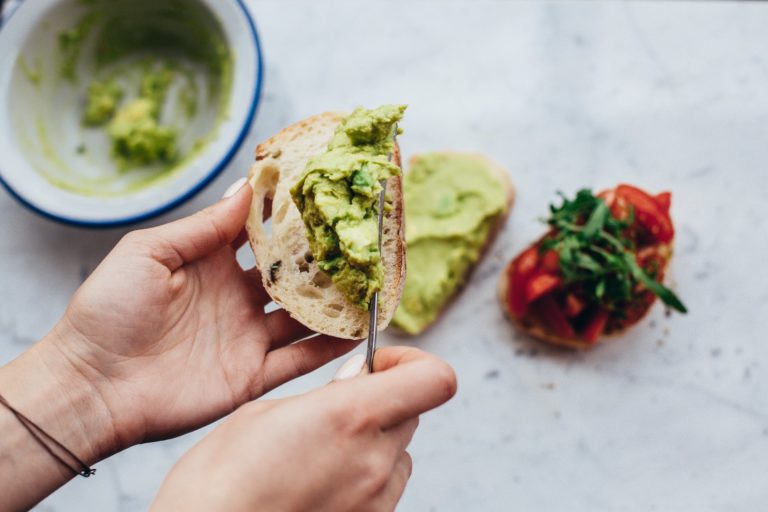
Whether you’re 17 or 71, odds are that you’ve experienced heartburn at least once in your life, if not more. According to the American College of Gastroenterology, more than 60 million Americans experience heartburn at least once a month, and an estimated 15 million Americans deal with the painful symptom on a daily basis.
But while most people are able to identify when they’re experiencing heartburn, few can point to the cause of the complication. Herein, we’ve highlighted some of the most common culprits behind heartburn so you can get to the bottom of your acid reflux discomfort.
You have GERD
GERD, more formally known as gastroesophageal reflux disease or acid reflux, is a digestive disorder that causes stomach acid to flow into the esophagus. According to Atif Iqbal, MD, FACS, FASMBS, medical director of the Digestive Care Center at MemorialCare Orange Coast Medical Center in Fountain Valley, California, “heartburn is one symptom” of the disease. If left untreated, he says, it “may develop changes in the lining of the esophagus leading to Barrett’s disease and esophageal cancer.”
You’re overweight
If you suffer from frequent episodes of heartburn, then you might want to get your weight and BMI checked. One 2005 study published in The American Journal of Gastroenterology analyzed 196 individuals and found that there was a correlation between a person’s BMI and their frequency of heartburn.
Specifically, 39 percent of the individuals who experienced heartburn were obese, whereas only 26 percent of those without the symptom were.
There’s too much fructose in your diet
Is your diet full of fatty foods like soda, candy, cookies, and other sugary substances? If so, then it could be the cause of your heartburn. “Most Americans consume far too much fructose in their diet and this can lead to heartburn,” explains Ken Berry, MD, author of Lies My Doctor Told Me.
“Eating or drinking too much fructose, or high-fructose corn syrup, can inflame the stomach and overwork the liver, and so decreasing the number of soft drinks and fruit juices consumed can often improve heartburn quite a bit.”
You’re eating dinner too late at night
It’s not just what foods you eat, but also when you eat them that can contribute to whether you experience heartburn. “A major culprit [of heartburn] is the displacement of dinnertime to later evening hours, often after 7 p.m. and frequently including a gargantuan meal consisting of fatty foods, chocolate, and/or wine,” says Morton Tavel, MD, clinical professor at Indiana University School of Medicine and author of Health Tips, Myths, and Tricks: A Physician’s Advice. “These all contribute to delayed emptying of the stomach together with increased acid production.”
If you want to avoid the heartburn that you’re all too familiar with at night, Tavel suggests moving your dinnertime to before 7 p.m. as well as reducing the size of your evening meal. If eating earlier just isn’t plausible, then try to eat at least three hours before you plan to hit the hay.
You have a food allergy
“In my clinical experience, heartburn can be a symptom of underlying gastrointestinal disorders including food allergies,” says Krisel Nagallo, ND, a naturopathic physician. Indeed, the Cleveland Clinic lists heartburn as one of the common symptoms of food intolerance, and Mark Hyman, MD, notes on his blog that common culprits of heartburn “include dairy and gluten-containing foods like wheat, barley, rye, and oats.”
You lie flat in bed
How you position yourself when you lie in bed has an impact on whether you experience heartburn. “Gravitational forces created by lying flat in bed promote acid reflux,” explains Tavel. For relief, he suggests elevating the entire upper body “through the use of a wedge under the upper mattress or by placing blocks under the legs of the bed at the head end to elevate the upper portion by at least 6 to 12 inches.”

























